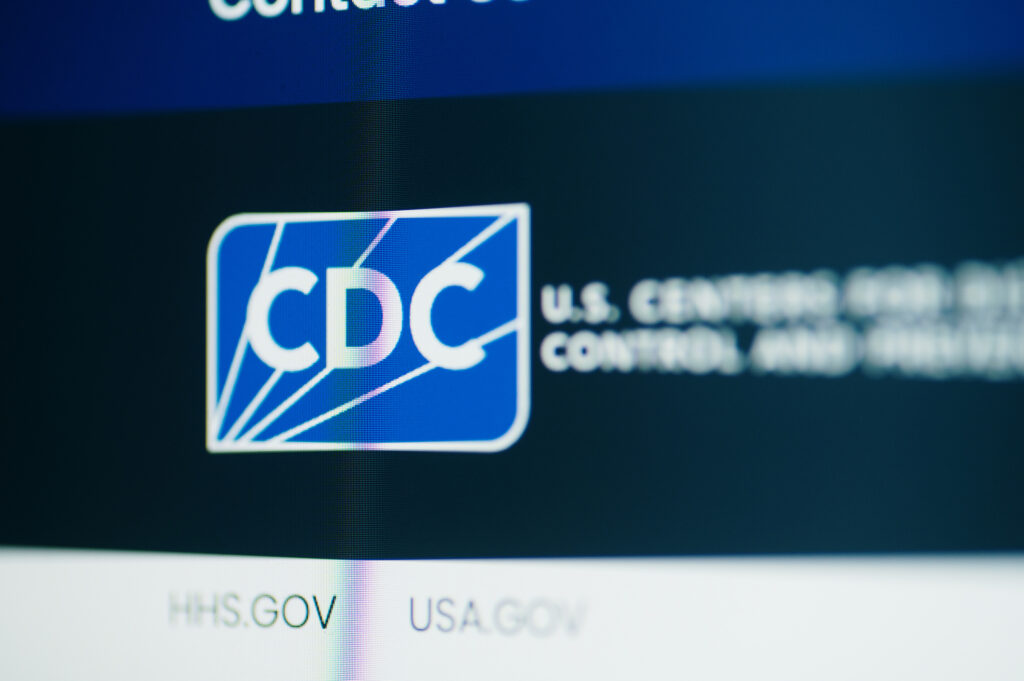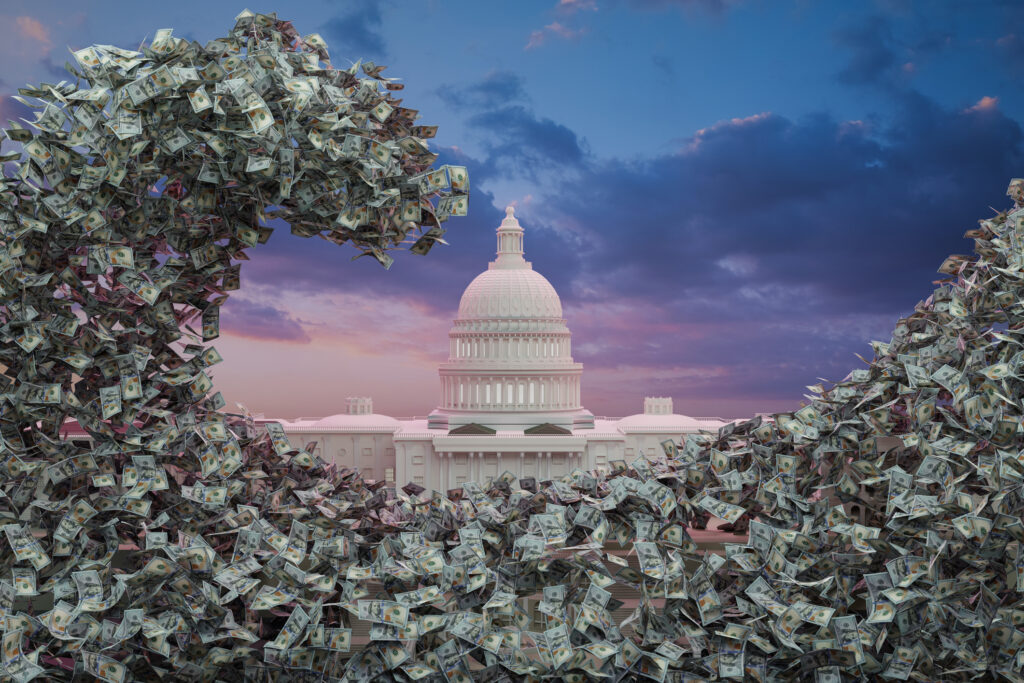The U.S. Department of Health and Human Services has sparked a controversy by forcing the firing of key personnel of a private business.
In a letter to Forest Laboratories, Inc., HHS informed the firm it could no longer do business with the federal government unless 83-year-old CEO Howard Solomon was ousted.
In 2010, Forest Laboratories entered into a plea agreement with the federal government in a case regarding its marketing of its antidepressant drugs Celexra and Lexapro, paying $313 million in criminal and civil penalties. Now the government is planning to use a law permitting it to exclude individuals or entities who commit of certain crimes from dealing with the federal government,cutting off the ability of Forest Labs to distribute drugs through Medicare, Medicaid, or the Veterans Administration.
Unprecedented Action
Section 1128 B-15 in the Social Security Act empowers the government to bar executives of health companies from doing business if the firms are found guilty of criminal misconduct, even in a plea deal.
Corporate defense attorney Richard Westling, who has specialized in health care litigation with the Waller Lansden firm, notes this is the first time the feds have used this arcane provision.
“This approach does three things: It takes punitive action against someone who is not responsible. Mr. Solomon is being punished for something by status rather than conduct. It allows the federal government to take further action after a settlement. There’s not a history of the federal government taking action after the fact. And it makes executives like Mr. Solomon excludable. All corporate officers and board members are now at risk,” Westling said.
Forest vice president and general counsel Herschel Weinstein said the government’s action is unprecedented.
“Numerous other major pharmaceutical companies have pled guilty to much more egregious offenses, and none of them has faced the exclusion of a senior executive who has not himself been convicted of a crime or pleaded guilty to a crime,” Weinstein said.
Solomon Never Blamed
The federal complaint included no charge or suggestion Solomon was involved with or even aware of the misconduct. A Forest Laboratories spokesman noted there was “no finding of knowledge or wrongdoing by Mr. Solomon” in the case.
“Basically, the government is flexing its muscle. The law they are using is very broad and can cover a lot of different industries, not just health care,” Westling says.
Although the company can avoid the government ban by replacing Solomon as CEO, its board of directors stands behind him.
“Mr. Solomon has always set a tone of the highest integrity from the top,” said director William Candee III in a letter on behalf of the rest of the board. “At no time during the government’s six year investigation of Forest was Mr. Solomon ever accused of any wrongdoing in connection with the matters settled in 2010.”
Threat to Industry
Devon Herrick, a senior fellow with the National Center for Policy Analysis, says the drugs promoted by Forest were government-approved, just not for some of the uses Forest was marketing .
“This is not uncommon in the medical community. Off-label use—the practice of prescribing pharmaceuticals for an unapproved indication—is quite common among doctors. They treat people for one thing and discover other uses for the drugs, so they start prescribing them for those uses,” Herrick said. “The FDA found that over time, the drugs can be used for other uses; however, it’s very costly to apply for a formal request after the testing has been completed and the drug has been approved.”
Herrick says HHS is making an example of Forest as a threat to the entire industry.
“The regulators are coming down hard on Forest because all the other companies are doing the same thing. The issue has been building for a few years now, and this is the latest ‘get tough’ action from the feds,” says Herrick.
“Essentially, the feds are blocking freedom of speech in order to force companies to go through expensive [additional drug] trials,” Herrick said.
‘A Very Dangerous Precedent’
Peter Pitts, a former Food and Drug Administration official and current president of the Center for Medicine in the Public Interest, agrees this incident is about sending a message.
“Forest Labs had already reached a settlement with the government over what was a minor infraction, in my opinion. Then the federal government came in after the fact and told them they want more,” explains Pitts.
“In my experience, all pharmaceutical companies strive mightily to get in compliance with the regulations. Forest is merely guilty of overly aggressive marketing. For the government to flex its muscle to tell a company how to act and who to put in management is a very dangerous precedent,” he added.
More to Come
It’s unlikely the HHS action is motivated by partisan politics, as Solomon’s political donations are exclusively to Democrats, according to Federal Election Commission records. Tim Carney, a columnist at the Washington Examiner who has extensively reported on government regulators, notes harsh government actions are often capricious.
“When government becomes the prime source of income for business, politicians and bureaucrats become more powerful, and so insider connections and lobbyists become that much more important,” says Carney. “The health-care sector has long been dependent on government, and Obamacare will just increase that dependence and create more opportunities for corruption.”
Pitts agrees. “Any pharmaceutical company that cannot do business with the government would have a hard time remaining in business for very long,” says Pitts. “It’s a signal to different industries that ‘if you don’t sit down and shut up and do what we want you to do, then we will destroy you,'” he said.
Marc Kilmer ([email protected]) is a senior fellow at the Maryland Public Policy Institute. Kenneth Artz ([email protected]) writes from Dallas, Texas.



